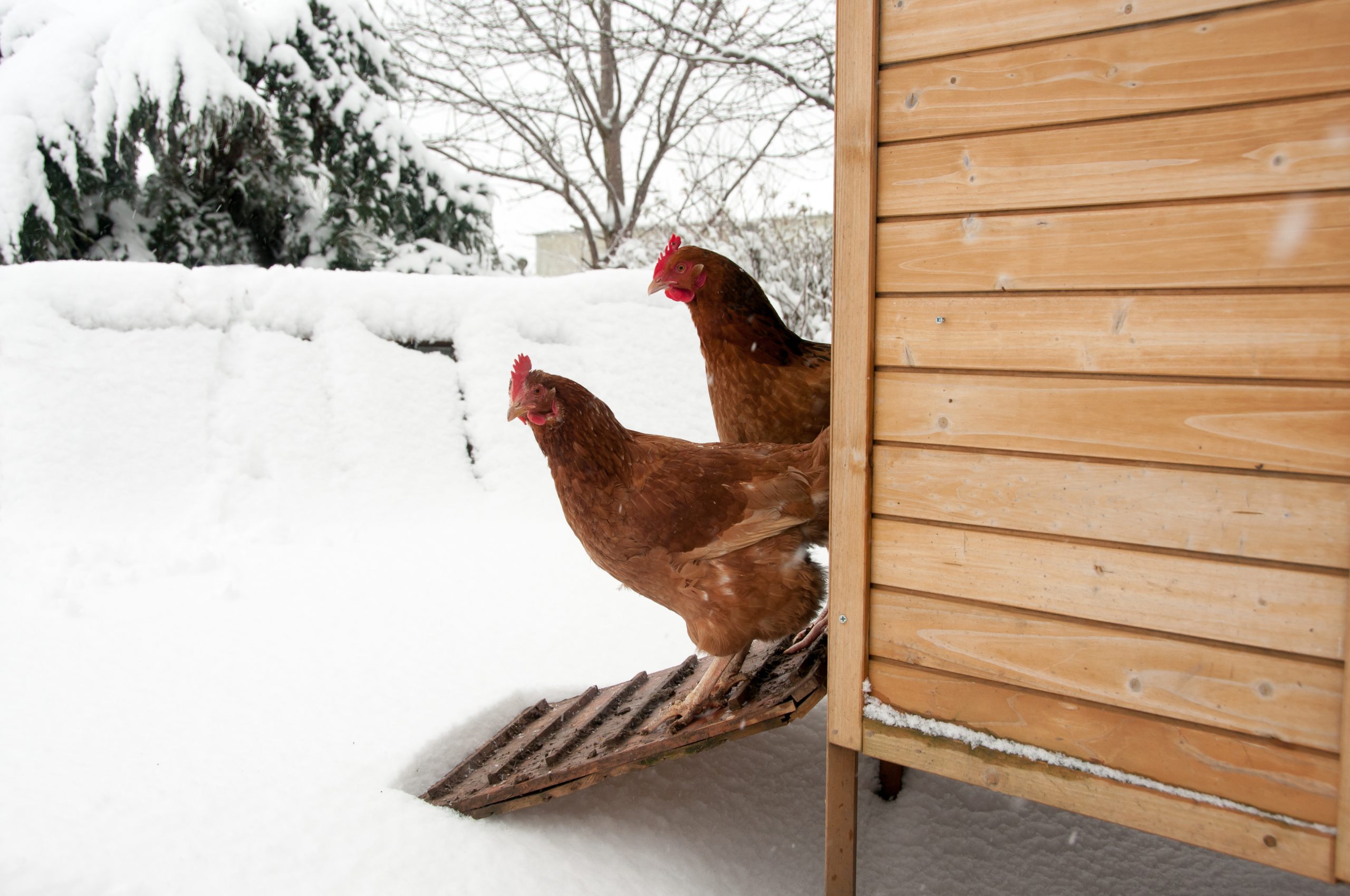Free-ranging is a natural instinct for chickens, and they thrive when they have the space to roam and forage. However, as with anything, free-ranging comes with both pros and cons.
Pros of Free-Ranging Chickens:
- They Eat Less Feed When chickens have the freedom to roam, they forage for a variety of food, from grass and weeds to bugs and small critters. This means they’ll rely less on the feed you provide, which can help save on feed costs.
- Less Need for Grit Chickens need grit to help break down their food, as they don’t have teeth. When free-ranging, they naturally pick up sand, small rocks, and pebbles as they go about their day. This reduces the need to purchase grit for them.
- Insect Control Chickens are natural pest controllers. They love to snack on bugs, and they’ll even scratch through manure, eating fly larvae, which helps keep unwanted pests at bay.
- Control of Other Pests Chickens love to hunt. Given the opportunity, chickens will keep all kinds of unwanted pests away from your property.
- Healthier Roaming freely keeps chickens active and fit. They get plenty of exercise, which contributes to better overall health. Additionally, by being outside, they’re exposed to less crowding, which lowers their risk of illnesses that can spread in a confined coop.
- Less Space Required in the Coop Chickens that are free-ranging don’t require as much space in the coop. Since they’ll spend most of their day outside, you don’t need to provide the standard 4 square feet per bird inside the coop. They only need space for sleeping, eating, and laying eggs, so a little less room can suffice. Most birds prefer 1-2 feet of roosting space.
- Natural Shade When chickens free-range, they’ll seek out shaded spots like bushes or trees, where they can relax during hot summer days. If they’re in a coop full-time, make sure the run and coop have shaded areas to keep them cool.
Cons of Free-Ranging Chickens:
- Predators Chickens are vulnerable to predators, both during the day and at night. At night, they are targets for raccoons, weasels, foxes, coyotes, and even bears. During the day, hawks, eagles, and even domestic dogs can pose a threat, so it’s essential to ensure they’re safe from roaming pets and wild animals.
- Egg Hunting When chickens are free to roam, they tend to lay eggs in unexpected places. You may find eggs scattered all over the yard, making it harder to collect them. Consider placing fake eggs in desirable nesting spots to encourage hens to lay in specific areas.
- Eating Unwanted Plants Chickens will happily munch on whatever plants they can find, and if they get into your garden, they may snack on your vegetables, flowers, and herbs. Consider fencing off your garden to protect your plants from hungry hens.
- Scratching Up Landscaped Areas Chickens love to scratch, and unfortunately, this can mean scratched-up flower beds, mulched areas, and freshly planted gardens. If you’re proud of your landscaping, free-ranging may not be the best choice without some protective measures in place.
- Manure Mess Chickens will poop wherever they please, which can lead to stepping in manure.
- Noise When Returning to the Coop Chickens that are used to free-ranging often resist being locked up at night, and they’ll let you know by making noise. If you have neighbours nearby, this can become a bit of an issue, so be prepared for some clucking complaints.
- Risk of Eating Harmful Substances When chickens are free-ranging, they may pick up things that aren’t safe for them to eat. If you use pest control chemicals, weed killers, or fertilizers in your yard, there’s a risk that these substances could be ingested, potentially affecting your chickens’ health and even contaminating their eggs.
Weigh the pros and cons carefully to determine if free-ranging is the right choice for your flock—and if so, take precautions to keep them safe, healthy, and happy.

